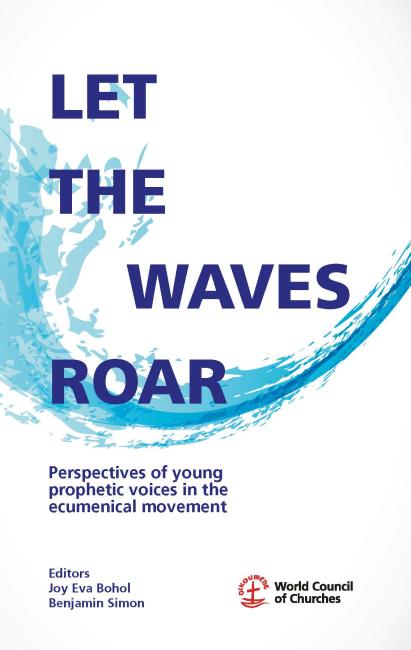Let the Waves Roar
Specs: 220 pages; 5.5 x 8.5"; paper and PDF; perfect; 4-colour cover
(2nd Print available Dec 2022)
ISBN: 978-2-8254-1765-2
Shelving/Topics: Religion/Ecumenism/Youth
Rights: World, all languages
Price: 23 CHF, 23 USD, 20.50 Euro
For orders: [email protected]
What would the ecumenical movement be without the young people? It would have no origin and no future, for it must never be forgotten that the various youth movements were already a very important motor of the ecumenical movement at the end of the 19th century. Our history teaches us of the key contributions made by young people in the fellowship: we owe much to their impulses. Because of this, it is important today not only to regard them as the future, but also to listen to them in the present, taking seriously their ideas and suggestions, experiences, and fears, especially in and after the COVID-19 pandemic.
Young people have made waves and will continue to do so in the ecumenical movement.
These waves disrupt social issues, but at the same time offer resilience and hope to different generations.
Many of their existential concerns are voiced in the following contributions. They deal with questions of politics and church life, inclusion, gender equalities, the role of young people in the ecumenical movement, how to build peace, and how justice can be established, among others. All these issues are on the agenda of the World Council of Churches; it is critical to listen to what young voices have to say on these topics.
I am very grateful to the editors for their work. They have created a platform that enables young people from the eight different regions of the World Council of Churches to be heard across all other generations.

